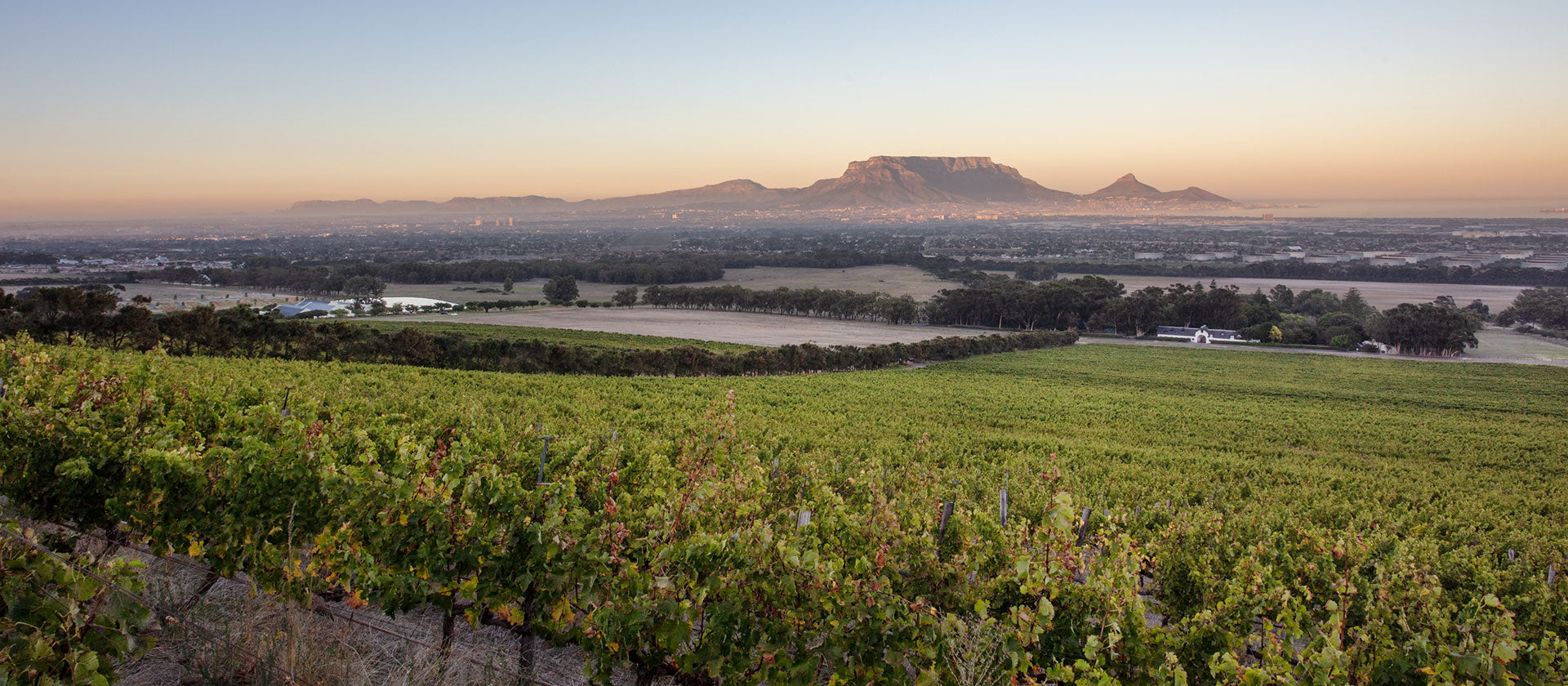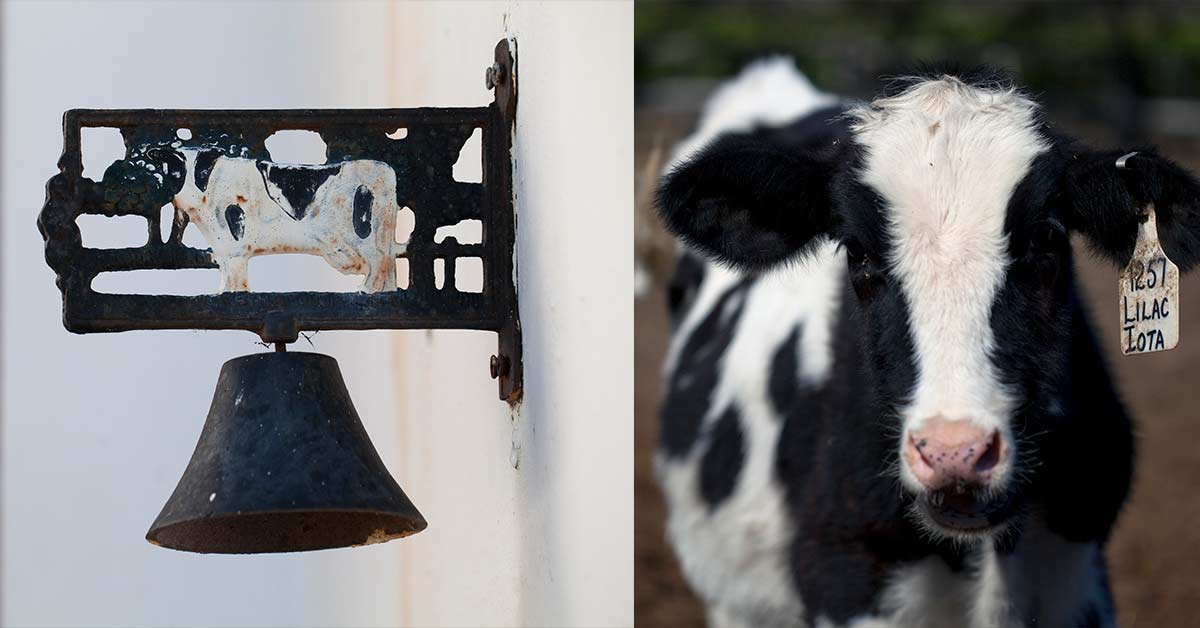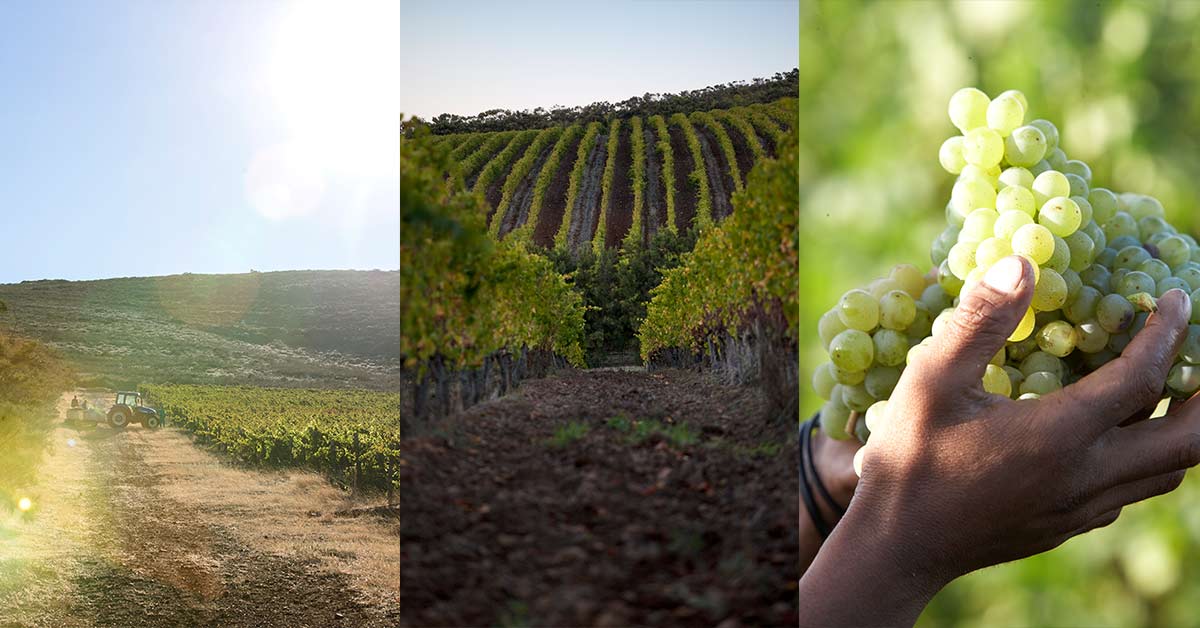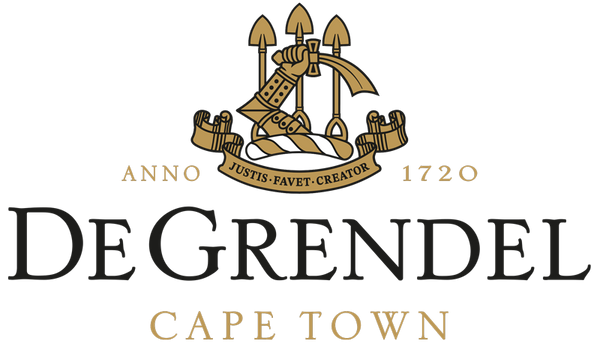
The Farm
Sir David Graaff first planted vines on De Grendel in 1999, almost 200 years after the last vines were destroyed.
Since then De Grendel has become synonymous with exquisite wines, borne of the Graaff's love of the soil and scientific approach to winemaking.
De Grendel, meaning latch or lock in Dutch, is one of Cape Town’s oldest farms, stretching out over almost 330 hectares on the fynbos-covered slopes of Tygerberg Hill.
The breathtaking view of Table Mountain from the farm, 350 meters above sea level, is arguably the best in the Cape winelands. On a clear day, you can see all the way from Table Bay to False Bay, and sometimes even on to Cape Point.
First awarded to the Danish settler Claas Mayboom by Governor van der Stel all the way back in 1720, De Grendel van de Tijgerberg was bought by the iconic South African businessman and politician Sir David De Villiers Graaff in 1890 to be used as a breeding and resting ground for the prized purebred Arab horses that he bought while travelling in Argentina.
When he returned to his then-home Fernwood, the horses' health deteriorated in the wet climate of Newlands, and on the advice of his veterinarian, he was told to find more suitable stabling.
As the story goes, he undertook a trip by ox wagon to Muizenburg. Arriving, the South Easter was blowing and the beach was filled with blue bottles and smelly sea grass. He immediately turned north and arrived at the farm, on the slopes of the Tygerberg. He loved the site and bought it to house his horses.

Dairy Farming
A few years later in 1912, Sir David turned his attention to dairy farming, establishing the oldest registered Holstein herd in South Africa with 14 cows that all trace back to the Segis cow family in Friesland.
When Sir David passed away in 1931, the farm and the baronetcy was inherited by his son, Sir De Villiers Graaff. Most famous for leading the Official Opposition to the National Party for more than two decades, he was also a dedicated farmer who built a prize 100-cow herd of Holsteins by the time he left to fight in World War 2.
When he returned to De Grendel in 1945, Sir De Villiers Graaff found only 14 animals of the herd he had left behind. Rebuilding of the herd started in all earnest and the selection for production traits became a priority.
Expanding the herd’s pedigree included the importation of five prime heifers in 1977 from the USA. In 1985, De Grendel Maria was crowned as the South African national champion Holstein cow and for the next 12 years De Grendel bred cows dominated the national championships.
In 1992 De Grendel became the first herd to break the 10 000-kilogram benchmark for milk production, and in 1997 De Grendel Jessica became the highest lifetime production cow in South Africa with 112 053kg of milk in eight lactations.
Today, De Grendel makes use of all the tools at their disposal to achieve their goal of good looking, high producing cows with long production lives. The careful selection of bulls, a state of the art mating program, genomics to identify the top animals and the provision of the right environment are helping them achieve this goal, not only for the De Grendel herd, but for the rest of South Africa.

Wine Farming
While there are references to grapes having been grown on De Grendel in the 1800s, it was only in 2000 that viniculture was established on the estate.
When the late Sir David Graaff inherited the baronetcy in 1999 he retired from the political career he shared with his father and grandfather before him, and returned to the farm.
Until that time the production of wine grapes in South Africa was controlled by the giant KWV co-operative. KWV guaranteed to buy whatever was produced by local farmers on a quota system.
Having studied at the University of Grenoble in France, Sir David had developed a love of fine wine, and on the recommendation of a family friend who recognised Durbanville as a key grape-growing area, the first vineyards were planted in 2000.
Initially, after an exhaustive study of the terroir and climate, Sir David planted 10ha with Cabernet and Merlot. Now, twenty one years later, 80 hectares of De Grendel are under vines.
Situated on the other side of the hill from the rest of the Durbanville wine route, De Grendel is unique amongst Cape vineyards in that it is the only estate with the holy wine triumvirate of sea views, cool ocean breezes and misty nights.
And, because the Durbanville region is well suited to producing some of the country’s best Sauvignon Blanc, this cultivar has become a core focus of the winery.
CLICK HERE to read more about the fascinating history of the De Grendel farm.
